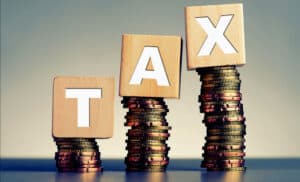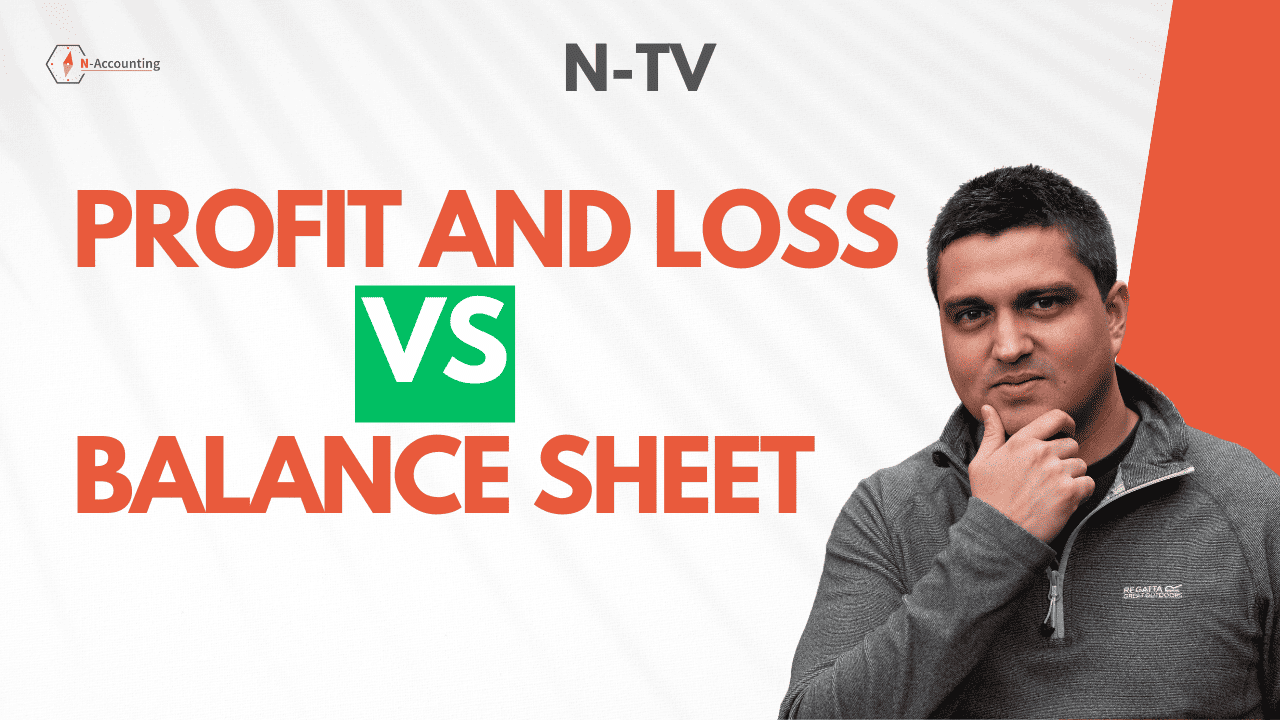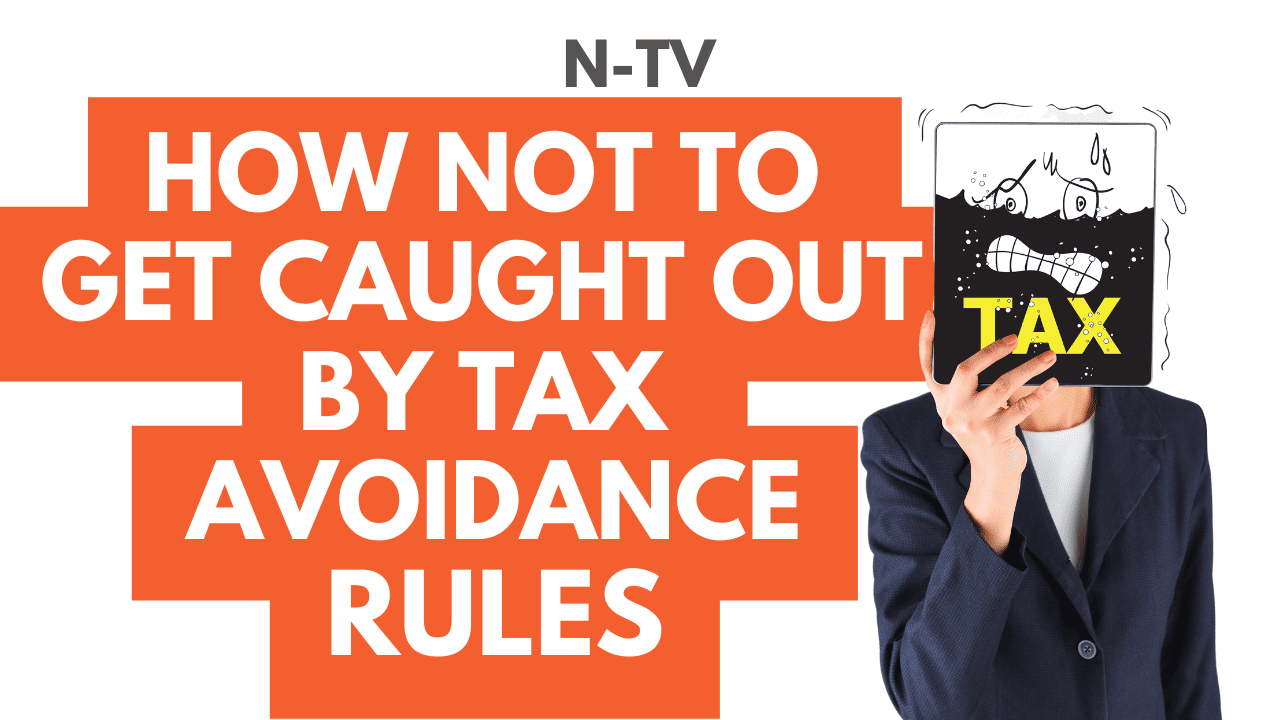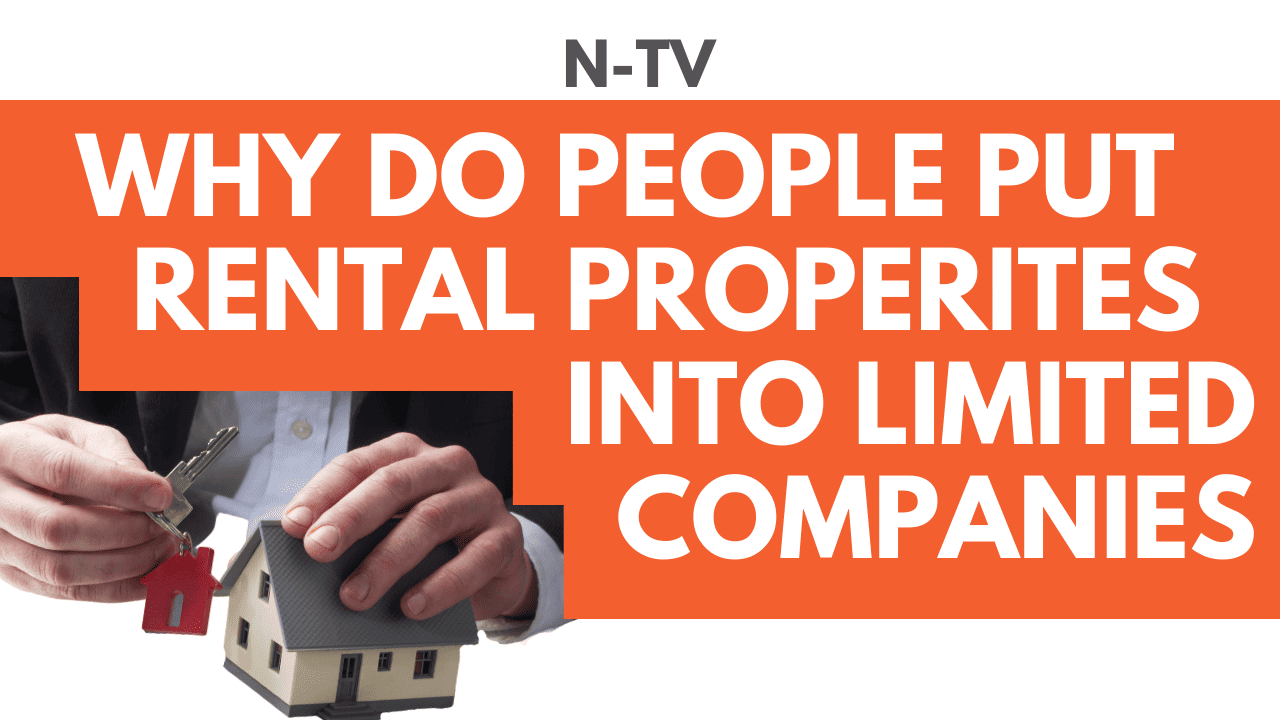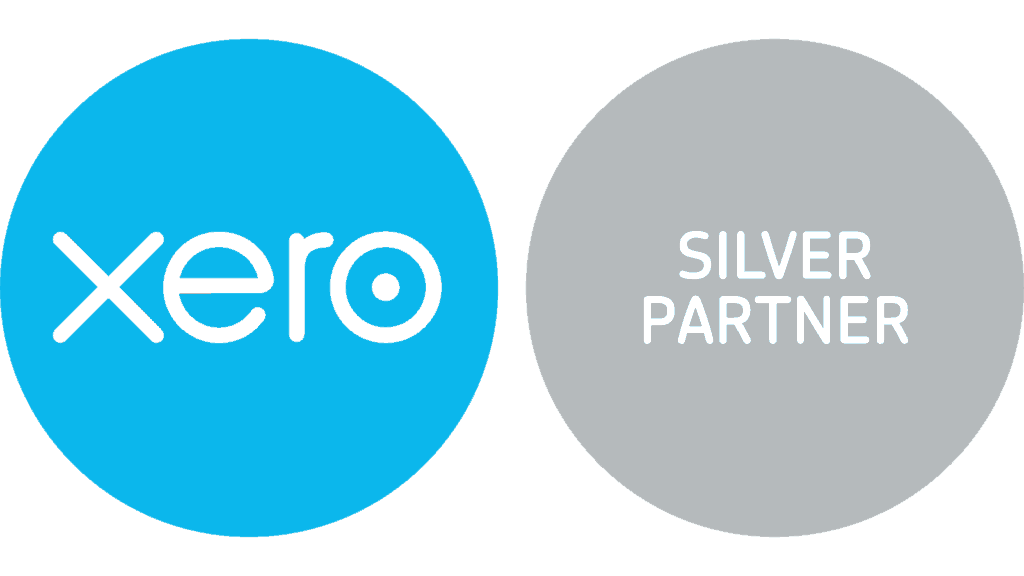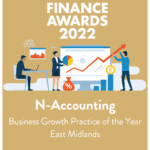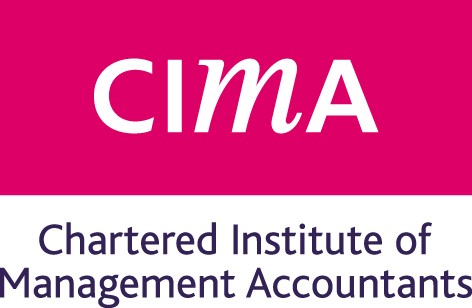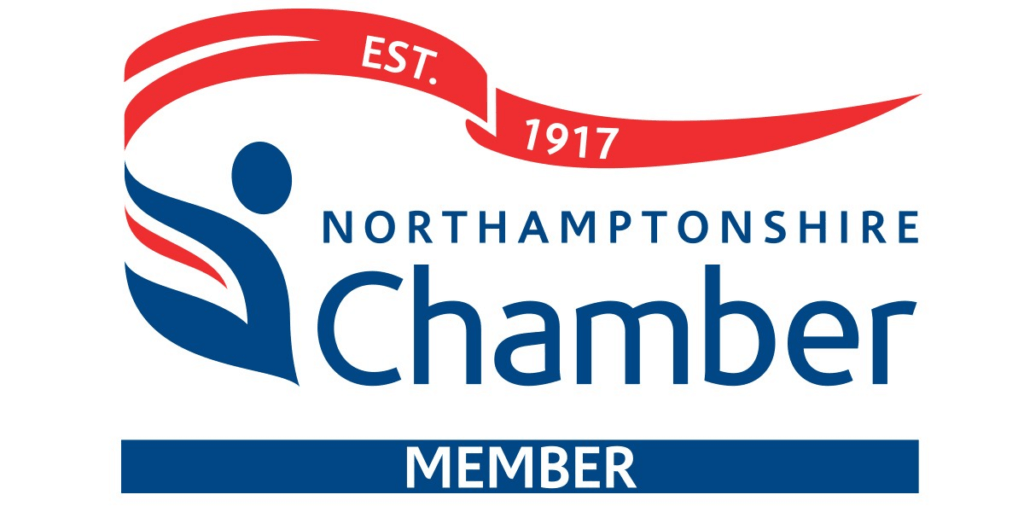As accountants this is a common discussion theme we have with our clients in Northampton. VAT registration can be one of the main obstacles to growing a business, in fact many businesses approaching the threshold of £81k often end up deliberately turning customers away. This might seem absolutely insane to some people but let’s look at an example and it will make sense.
Imagine you currently sold £80k of product per year making a profit of £20k and you registered for VAT @ 20% you would need to pay:
(£80k / 120%) x 20% = £13.3k of VAT to HMRC
This means that your profits per £80k would then be:
£20k – £13.3k = £6.7k
To make the same amount of profit you were making before VAT registration you would then need to turnover:
(£20k / £12k) x £80k = £238.8k
Okay this is an extreme example assuming all of your customers aren’t VAT registered themselves, that you are not recovering anything on your purchases and ignoring the economies of scale from running a larger business. What it says however is that going over the VAT threshold would mean that you would have to triple the size of your business to make the same amount of money.
Does this sound appealing? Okay then what are your options.
1) Register for VAT and pass the extra 20% on to your customer – Assuming your pricing structure was already competitive how would your customers react if you increased it further? No need to answer this one.
2) Register your business but on a flat rate scheme – Flat rate VAT schemes are designed to simplify VAT for small businesses, they charge a fixed percentage below 15% percent depending on your industry for your sales. This can be a better alternative to paying the 20% rate however you are not allowed to claim back the VAT on your purchases unless they are a one-off capital investment like a van for example.
3) Start a new business alongside your existing one – This is a risky area but if done right and honestly can help you avoid VAT registration. HMRC recognises partnerships with different members as separate businesses from each other, this means that you could start a new business with someone you aren’t currently in partnership with for example your wife/husband if you’re currently a sole trader. If you go down this route it’s important to run the new business under a completely separate brand, bank accounts, supplier accounts, equipment and employees. You can share some resources between the businesses but it’s important to charge for these at the market rate and keep them to a minimum and you would definitely need a separate set of annual accounts.
HMRC may eventually order you to combine your businesses for VAT registration but as long as they can’t prove that you have acted carelessly/dishonestly then they can’t back date the registration. This tactic is often a case of seeing how long you can get away with it or “making hay while the sun shines”.
4) Convince HMRC that your increase in sales is only temporary – if you have reason to believe that your recent increase in sales that’s pushing you over the threshold is temporary than you can write to HMRC explaining why and the may give you a special dispensation to avoid registering.
5) Do less work and enjoy your spare time.
6) Don’t register and continue to grow – don’t even think about doing this, if you are caught out, HMRC can demand tens of thousands of pounds in back taxes and interest.
I hope this guide gives you a better idea of your options, however if you are trying to avoid registering for VAT than you should seek the advice of a qualified accountant who can give you tailored advice for your business circumstances.
If you would like to discuss any of the issues covered above please contact us.
Nishi Patel




